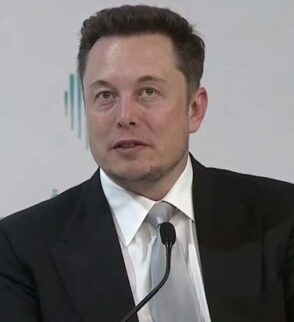Tesla CEO Elon Musk has blamed “lower-than-expected” battery manufacture from Panasonic for disrupting production of Tesla’s Model 3 electric vehicles (EVs).
Musk said in a post on Twitter that Panasonic’s battery cell lines at the ‘Gigafactory 1’ facility in Nevada amounted to about 24GWh per year— lower than the expected 35GWh— and had “been a constraint on Model 3 output since July (2018)”.
Musk added “Tesla won’t spend money on more capacity until existing lines get closer to 35GWh theoretical”.
Asked to clarify Musk’s comments, a Tesla spokesperson told BEST Battery Briefing: “We will of course continue to make new investments in Gigafactory 1, as needed. However, we think there is far more output to be gained from improving existing production equipment than was previously estimated.”
Panasonic had not responded to BBB’s request for comment at the time of going to press.
Tesla and Panasonic share Gigafactory 1. Under the same roof, Panasonic makes cells while Tesla uses them to make batteries for its uses for its Model 3 EV.
There have been mixed signals about the relationship between Tesla and Panasonic since, in 2014, Panasonic established a US subsidiary to produce and sell lithium-ion batteries for Tesla in the US.
In 2018, Panasonic CEO Kazuhiro Tsuga floated the idea of jointly producing EV batteries in China with Tesla. But Japan’s influential business journal, the Nikkei Asian Review, claimed last year Panasonic was “growing wary of the risks posed by its battery partnership with Tesla… which has been eating through capital while production of its mass-market sedan struggles to get off the ground”.












